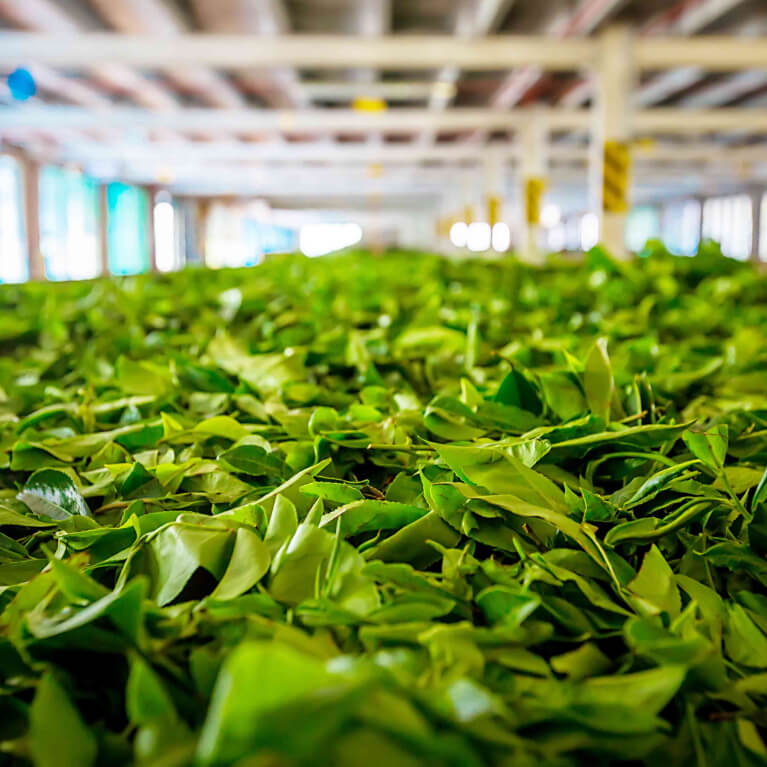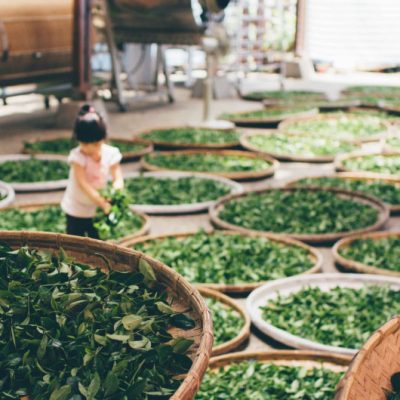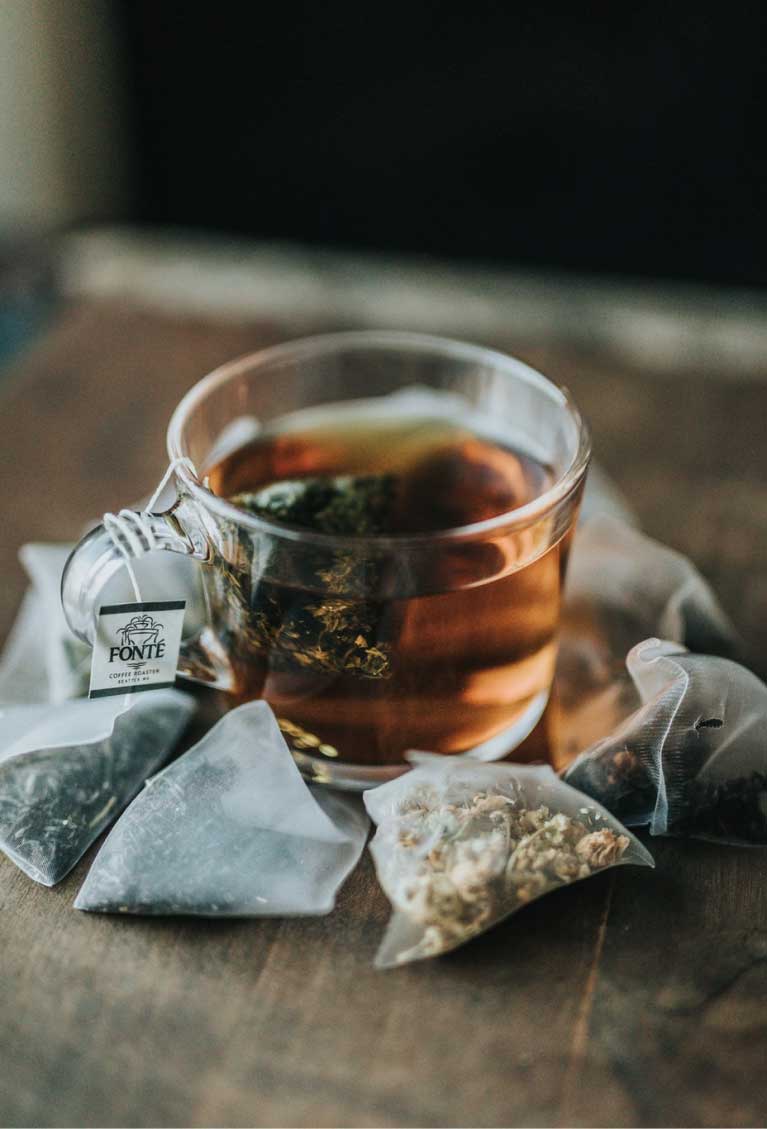Introduction
The origin of fruit tea can be traced back to ancient times, where different cultures experimented with infusing various fruits, herbs and spices with tea leaves. However, the modern concept fruit tea, often associated with herbal infusion and blends, gained popularity in the late 20th century as people sought diverse and caffeine-free alternatives to traditional tea. The fusion of fruits from different regions and cultural influences has contributed to the wide variety of fruit teas available today.
Flavour Profile of Fruit Tea
Fruit tea boasts a diverse flavour profile, featuring a medley of sweet, tart, and sometimes subtly spicy notes. The specific flavours depend on the fruits and herbs in the blend. Common elements include the natural sweetness of dried fruits like berries or citrus. Overall, fruit tea offers a refreshing and well-balanced combination that can be enjoyed both hot and cold.
How To Select the Best Fruit Tea?
To select the best fruit tea, consider the following factors:
Ingredients
Opt for teas with real fruit pieces, herbs, and natural flavours. Avoid artificial additives for a more authentic taste.
Quality
Choose high-quality tea leaves and fresh, whole fruits. This ensures a superior flavour and aroma in the final brew.
Blends
Explore difference blends to find your preferred combination of fruits, herbs, and spices. Some blends may focus on specific flavour profiles, such as tropical or citrusy.
Sourcing
Experimenting with different fruit tea options will help you discover your personal favourites based on your taste preferences.
Health Benefits of Fruit Tea
Fruit tea offers several potential health benefits although individual effects may vary. Some common benefits include:


Antioxidants
Many fruits used in fruit tea are rich in antioxidants, which help combat oxidative stress and may contribute to overall health.
Vitamins and Minerals
Fruit teas often contain vitamins and minerals naturally present in the fruits, providing a nutrient boost.
Hydration
Fruit tea is a hydrating beverage, supporting overall hydration and promoting skin health.
Caffeine-Free Option
Herbal fruit teas are caffeine-free, making them a suitable choice for individuals looking to reduce their caffeine intake.
Digestive Aid
Certain herbal blends, like peppermint or ginger-infused fruit teas, may have soothing effects on digestion.




Immune System Support
Fruits like citrus in tea blends can contribute to vitamin C intake, which is known for its immune-boosting properties.
Calorie-Free Sweetness
Fruit tea can be flavourful, calorie-free alternative to sugary beverages, making it a suitable option for those watching their calorie intake.
Conclusion
In conclusion, fruit tea can be healthy beverage choice, its essential to maintain a balanced diet and lifestyle for overall well-being. If you have specific health concerns or conditions, its advisable to consult with a healthcare professional. So, next time you are looking for a healthy and flavourful drink, consider trying a cup of white tea and experience its unique taste!
FAQs on Fruit tea
Fruit tea id composed of dried fruits, herbs, and spices. It does not contain tea leaves from the Camellia sinensis plant. Other teas are derived from Camellia sinensis plant. The specific type of tea is determined by factors like oxidation and processing.
Drinking fruit tea every day can be a healthy choice for many people as the potential benefits are hydration, antioxidants, caffeine free option. However, it is essential to consider individual factors like sugar content, acidic content, balanced diet and individual sensitivities.
The ‘better’ tea depends on your personal preferences, dietary needs, and health considerations. If you’re looking for a caffeine-free option with a wide range of flavours, fruit tea might be a good choice. If you value the potential health benefits of tea antioxidants and a moderate caffeine boost, green or white tea could be more suitable. It’s also common for tea enthusiasts to enjoy a variety of teas depending on the occasion or mood.






